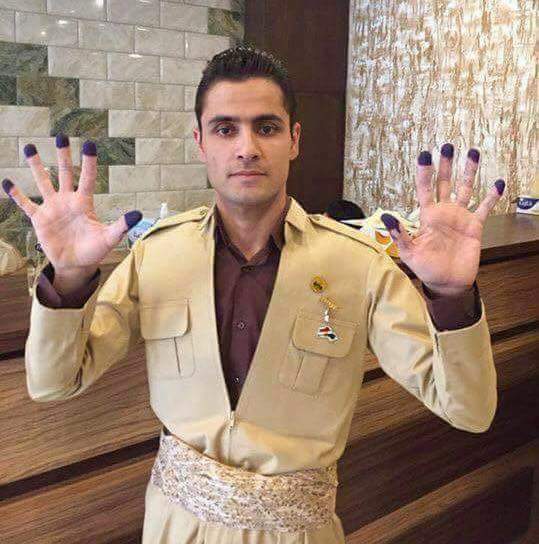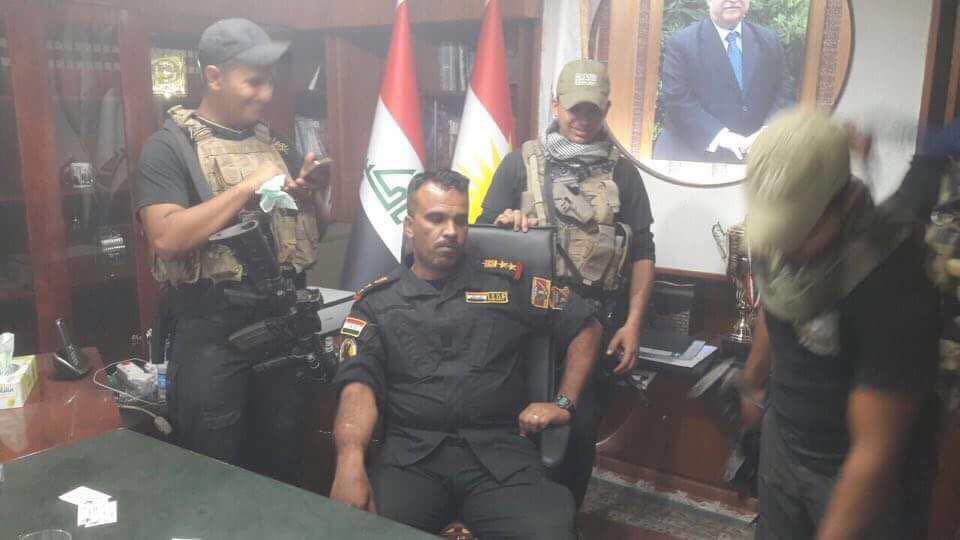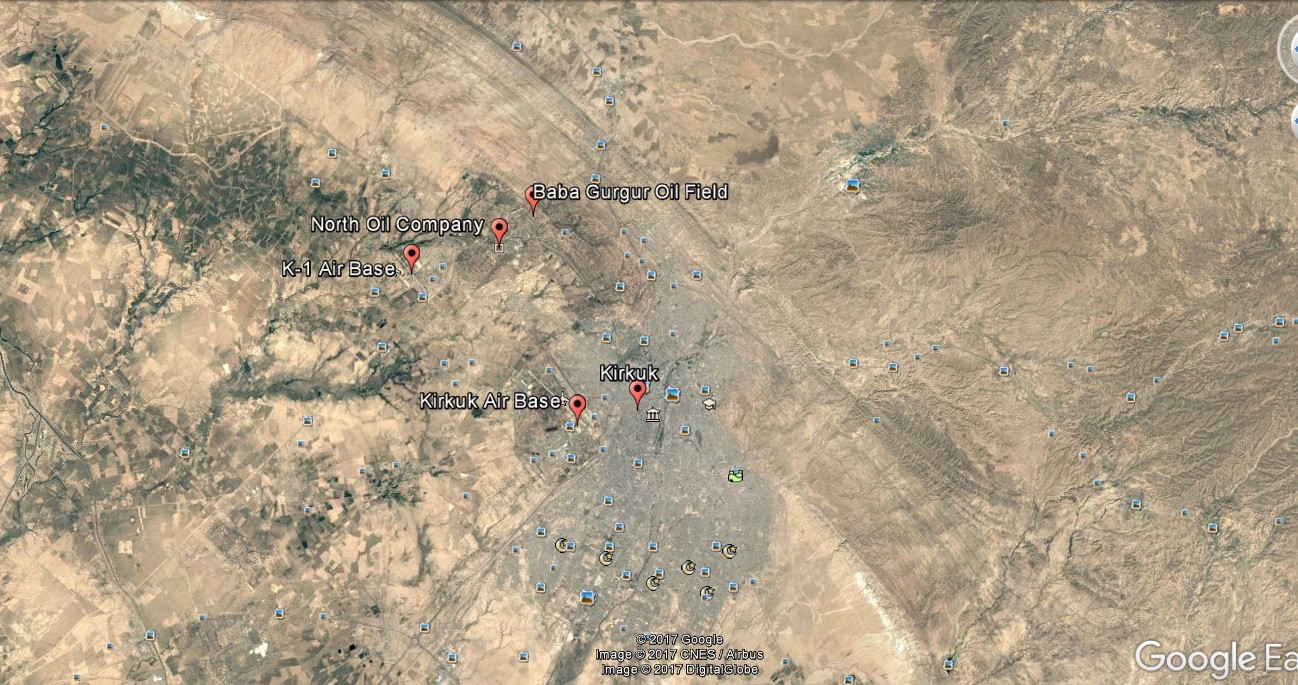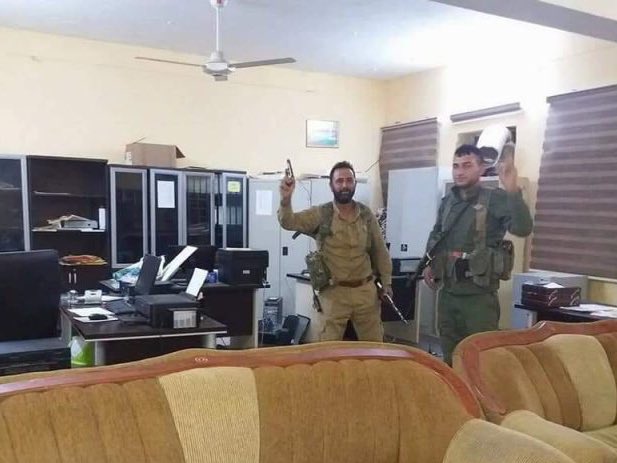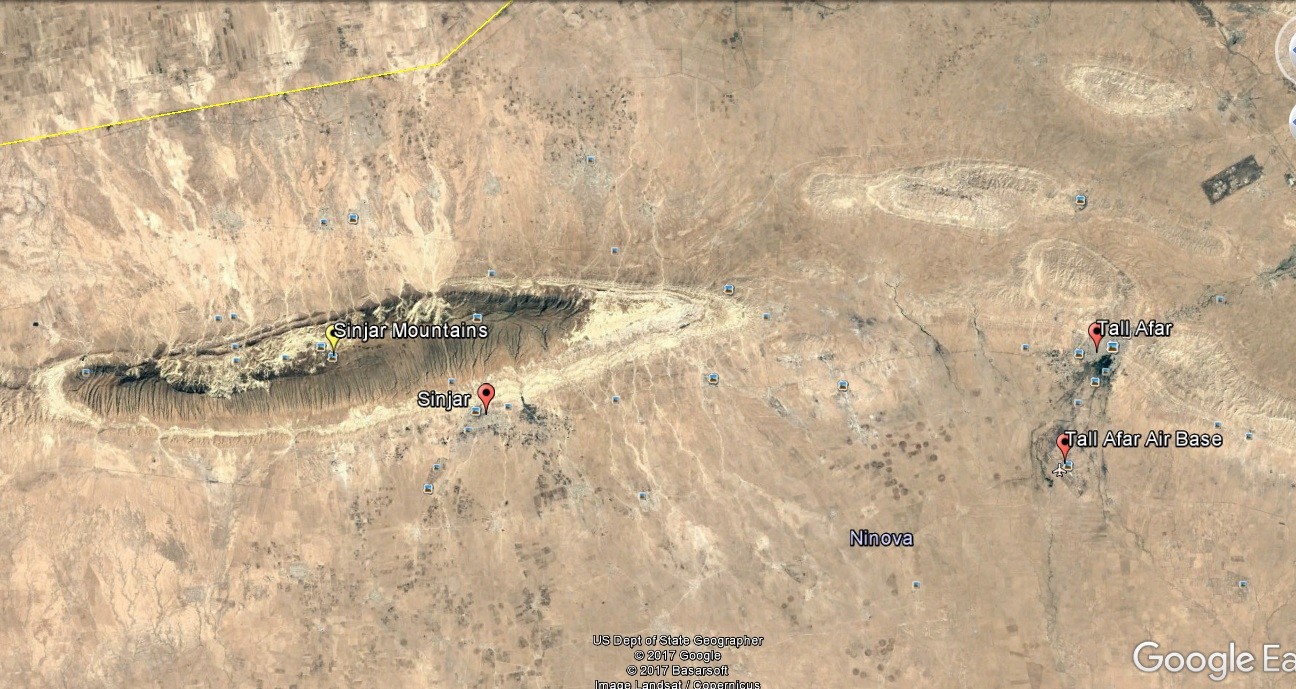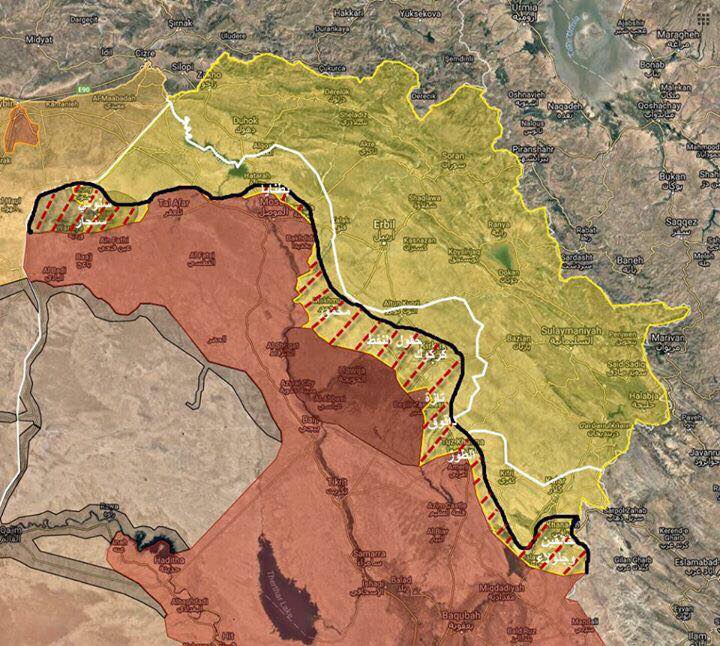Just spotted this from the 20th last week. Not sure whether to put it here.
Moscow is playing an interesting game here. The Syrian Kurds will be paying mucho attention.
LONDON (Reuters) - Russia, the only major power that has not called on Iraq’s Kurds to cancel a referendum on independence next week, has swiftly become the top funder of Kurdish oil and gas deals, with as much as $4 billion pledged in less than a year, industry sources say.
Washington, European countries, Turkey and Iran have all lined up to oppose a move by Iraq’s Kurds to hold a Sept. 25 independence referendum, which the Kurds consider the culmination of decades of struggle for a state of their own, but Iraq calls a violation of its constitution.
This week, the White House issued a statement calling the planned vote “provocative and destabilizing”, noting that it will take place not only within the autonomous Kurdish region itself but on territory that is disputed.
But Moscow has issued no such call to cancel the vote.
Instead, with the planned referendum just days away, Russian state oil giant Rosneft announced its latest investment last week, to help Iraqi Kurdistan develop its natural gas industry, for domestic supplies and eventual export.
The full value of the deal has not been disclosed officially, but according to industry sources familiar with it, it is worth more than $1 billion. It is Rosneft’s third giant venture in the Kurdish region since February, transforming Moscow from an outsider with little profile in Kurdistan into the region’s biggest source of cash. According to the industry sources, Rosneft’s deals since it first arrived in Kurdistan last December are worth around $4 billion in total. That exceeds the $2 billion in financing the Kurdish region has previously received for oil sales from international trading firms that pre-pay for its exports, and $1.5 billion it has received from neighbor Turkey.
It also marks a big change in focus for the Iraqi Kurds, who have had close ties with Washington since 1991 when the United States offered them protection from Saddam Hussein, the dictator later toppled by U.S. forces in 2003. “Moscow has been effectively filling the gap as the United States has been pulling back from Iraq,” said a senior source in Erbil, capital of the Iraqi Kurdish region.
Publicly, Moscow says it supports Iraq’s territorial integrity while also recognizing the aspirations of the Kurds for a homeland. The 35 million Kurds are spread over Iraq, Iran, Turkey and Syria. “We are interested that the Kurdish people like any other nation on the planet can fulfill its hopes and aspirations,” Foreign Minister Sergei Lavrov said in July. “We start from the fact that the legitimate aspirations of the Kurds, like other peoples, need to be fulfilled within the framework of existing international legal norms.”
But unlike other powers, Moscow has avoided giving a verdict on the legality or wisdom of holding the referendum itself. The Foreign Ministry in Moscow said it had nothing to add to Lavrov’s comments on the matter from July.
“The Russian position is: ‘Let’s wait and see the outcome of the referendum,'” said Hoshiyar Zebari, one of Iraq’s pre-eminent Kurdish politicians, who served as foreign minister, deputy prime minister and finance minister in Baghdad from 2003 until last year and now advises Kurdistan’s regional government. “They seem to understand our situation,” Zebari told Reuters, adding that Moscow expected the Kurds would use the outcome of the referendum as part of a process of negotiation with Baghdad.
According to a diplomatic source, the Kurds took notice in June when Lavrov signaled to a Kurdish delegation at a meeting in St Petersburg that Russia would not oppose the referendum. “During previous meetings, Lavrov always focused on Iraq’s territorial integrity,” said the source, who was present at the meeting on the sidelines of Russia’s economic forum in St Petersburg. “This time, he said that Russia understands the ambitions of Kurdish people for independence. And even though he added that it needed to be done carefully, it was a big signal.”
At around the same time as that meeting took place, Rosneft was signing its second of this year’s three major oil investment deals with Kurdish officials. Days later, the Kurds announced the date of their referendum.





